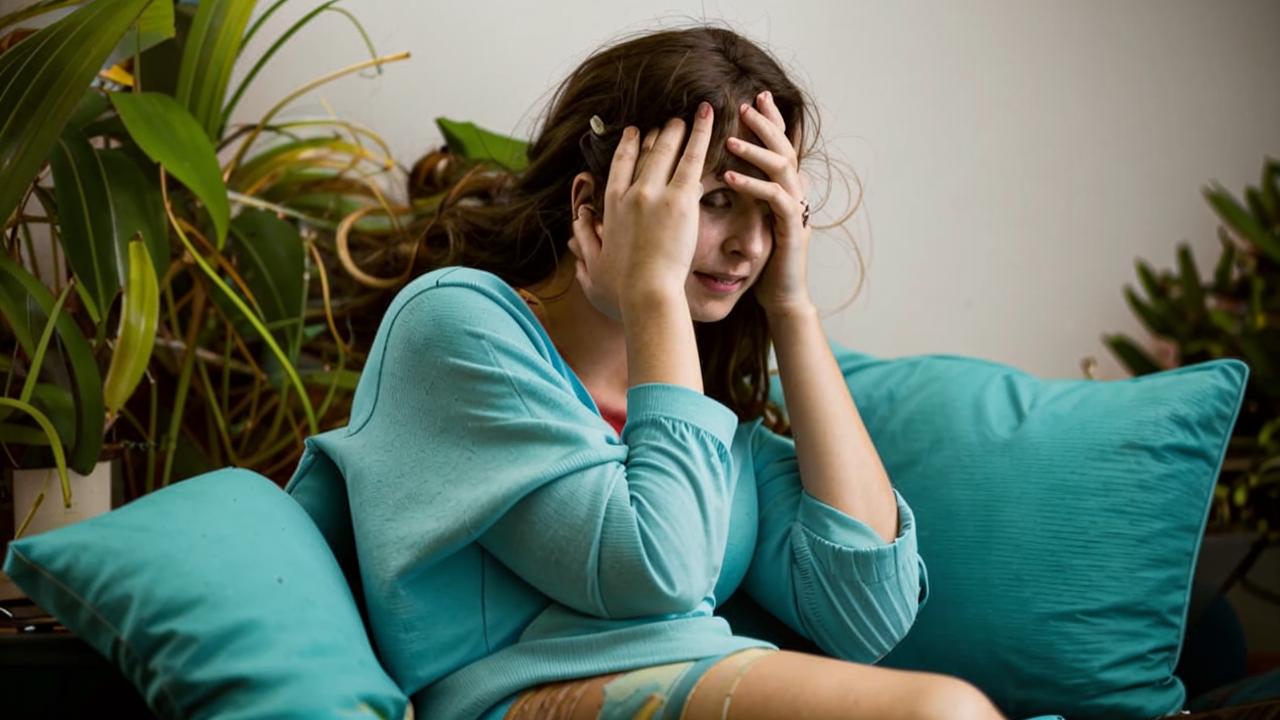How to overcome winter sleepiness: somnologist Roman Buzunov named 6 simple ways

Note the symptoms of this condition.
In the winter, especially around the holidays, many people go into “hibernation”. This is due to environmental factors: shorter daylight hours and colder weather.
Why does the “winter hibernation” syndrome occur?

doctor-somnologist, professor, doctor of medical sciences
“The main cause of the “winter hibernation” syndrome is the so-called seasonal affective disorder. It was officially recognized in 1984, but a similarly described condition has been mentioned in Scandinavian countries since the 6th century.”
Such a disorder occurs during the cold season. In late fall and winter, most of the day a person spends in rooms with artificial light: when he goes to work – it is still dark, when from work – it is already dark. This is called the “office polar night”.

When the retina is not exposed to daylight, the brain decreases the secretion of the “happiness hormone” serotonin, which is largely responsible for our activity and motivation. In addition, the production of the sleep hormone melatonin increases, which creates apathy, unwillingness to do anything, and sleepiness. This is how seasonal affective disorder develops.
And if we add to the light factor reduction of physical activity and seasonal vitamin deficiency, it becomes clear why more than 50% of the population have a state of “winter hibernation”.
Symptoms of “winter hibernation”
In the “winter hibernation” syndrome, the body falls into the energy conservation mode. The following symptoms may be observed:
- apathy;
- drowsiness;
- fatigue;
- decreased motivation;
- deterioration of mood;
- anxiety;
- sleep disturbance;
- weight gain.

Tips on how to get out of “winter hibernation”
As Roman Buzunov notes, with seasonal affective disorder, it is necessary to begin to act from the appearance of the first symptoms.
Effectively fight the syndrome of “winter hibernation” will help the following methods.
- Light therapy. Now there are so-called light boxes and glasses for light therapy. They emit light similar to daylight and suppress the production of sleep hormone. They should be used in the morning and for at least one hour.
- Dawn simulation. Special alarm clocks create bright lighting in the bedroom by the time you wake up, which helps you wake up and, again, suppresses melatonin production.
- Regular moderate physical activity.
- Staying outdoors. It is better to choose the daylight hours for walks.
- Taking vitamin D.
- Limitation of alcohol.
In severe cases, antidepressants may even be recommended, but with timely drug-free measures you can improve your condition and avoid taking pills.





